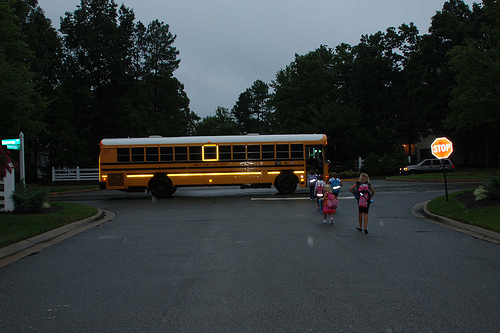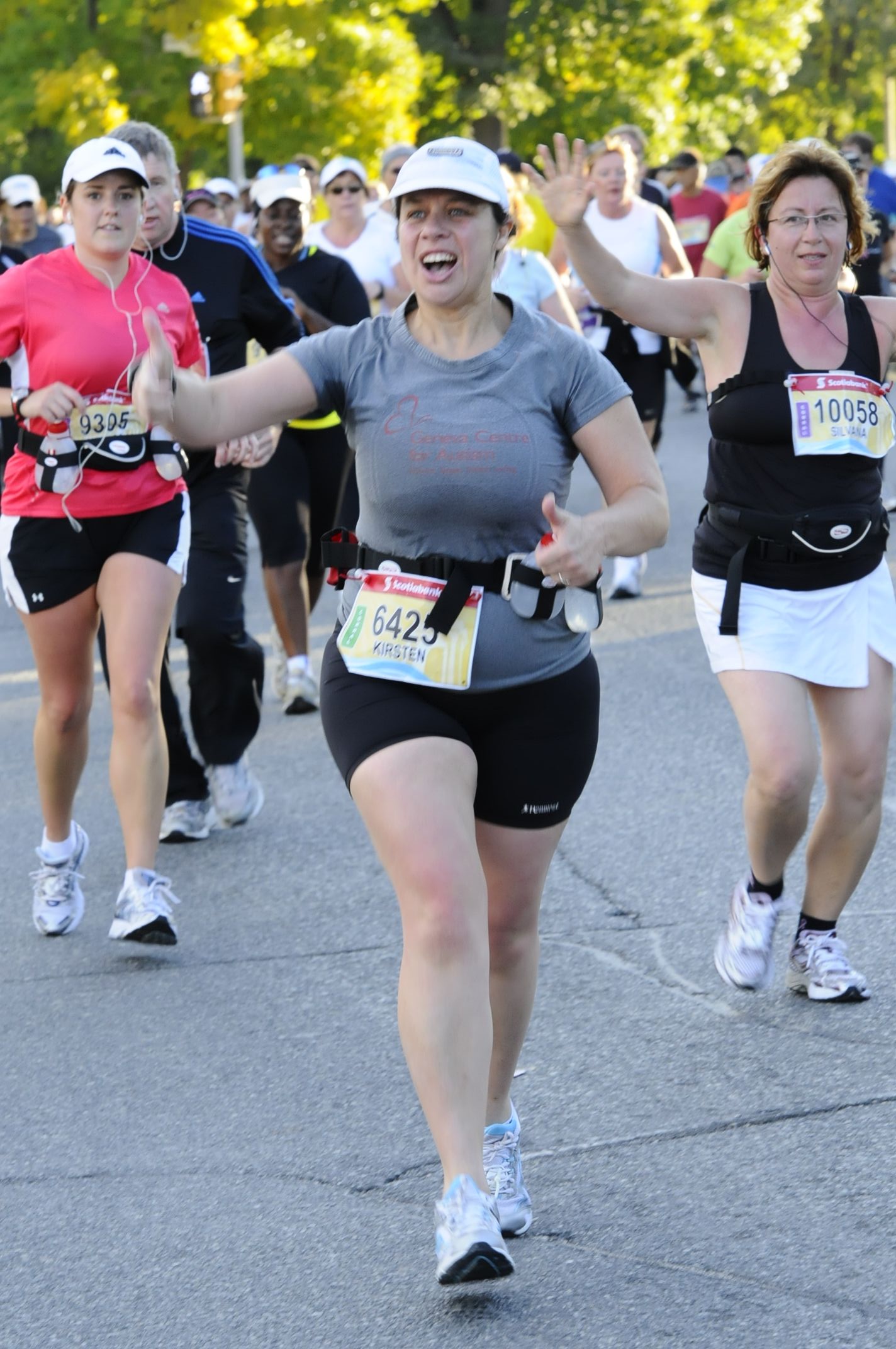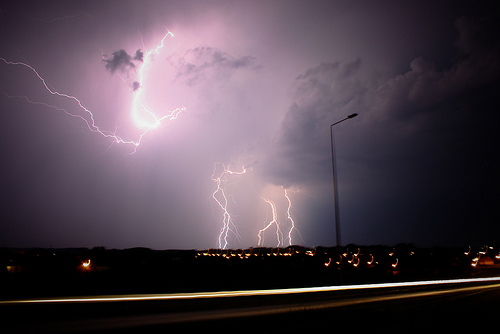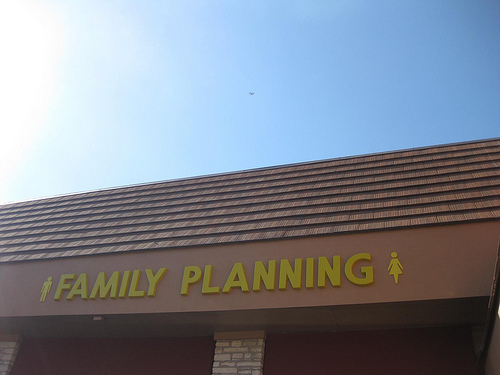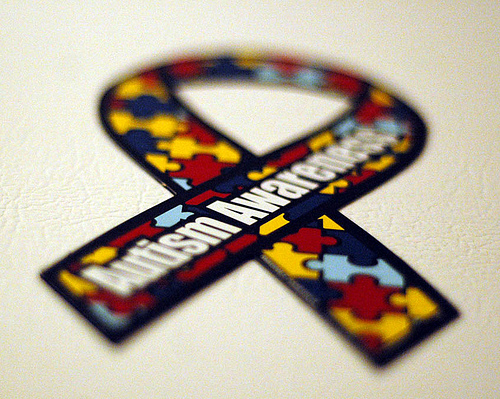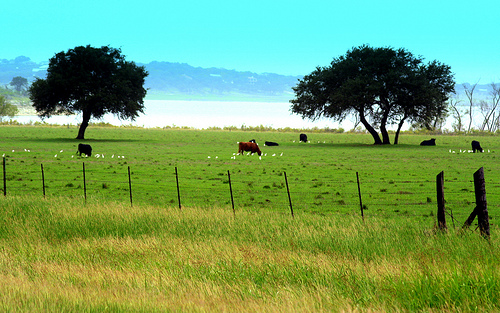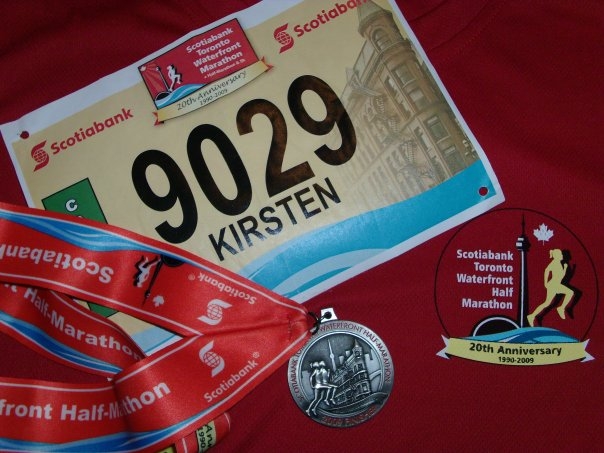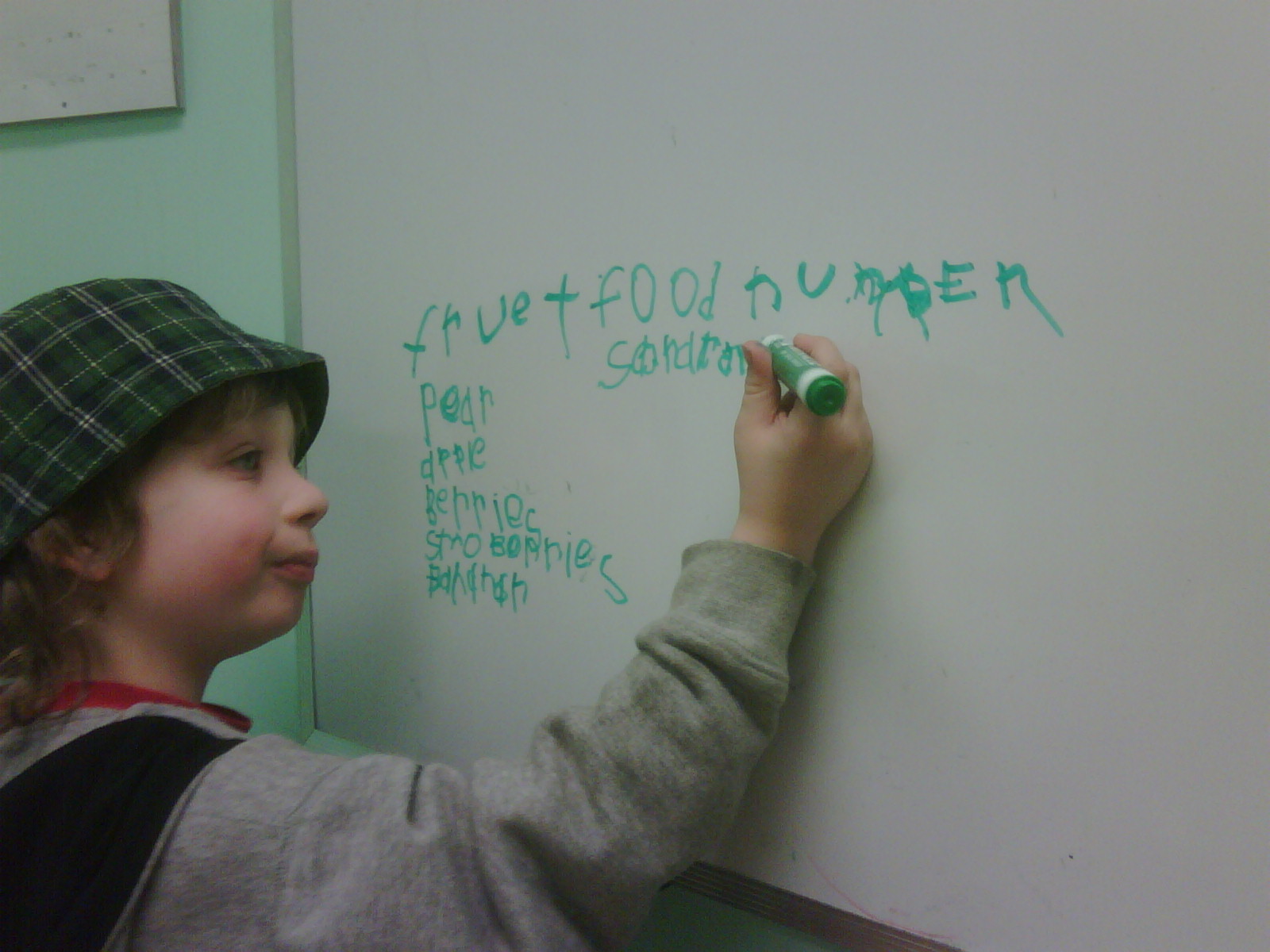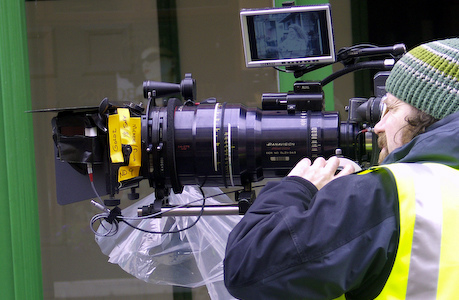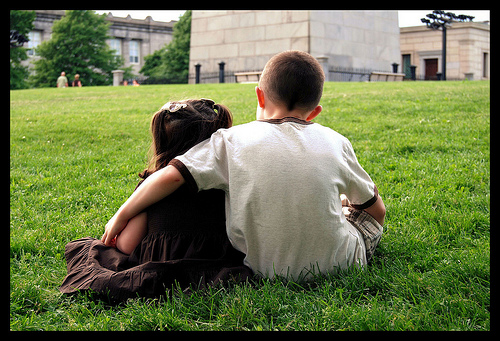 It is a scenario that parents of children with autism are confronted with countless times: the child melts down for no apparent reason while his or her brother or sister stands by helplessly, not understanding what is going on. Autism meltdowns can be particularly bewildering for younger siblings who may not fully understand what autism is or why the meltdown is happening.
It is a scenario that parents of children with autism are confronted with countless times: the child melts down for no apparent reason while his or her brother or sister stands by helplessly, not understanding what is going on. Autism meltdowns can be particularly bewildering for younger siblings who may not fully understand what autism is or why the meltdown is happening.
The strategies that I am describing today are based purely on my own experiences. I did not read them on the Internet or get them from any parenting books. I learned these in the best way possible: from the School of Hard Knocks.
1. When a child with autism starts having a meltdown, the primary concern should be for everyone’s physical safety. The child is going to lash out wildly, hitting or kicking whatever or whoever he comes into contact with. He may run around with no real direction and bang his head on objects or people. Children going through an autism meltdown seem to have superhuman strength, and there could be a real threat to siblings who are standing too close. Therefore it is imperative to ensure the safety of the siblings as early as possible in the incident. This can be accomplished by taking them to a different room and making sure they have enough toys or books to see them through for what could be a couple of hours.
2. Siblings should never be punished while a meltdown is happening. This may seem intuitive, but it can be really easy to fall into the trap of yelling at siblings who happen to get too close while the parent is trying to deal with the autistic child. We are, after all, only human. If a child wanders up during a critical moment, we can have a knee-jerk reaction to yell, “Get away!” or “Go to your room!” Doing this may make the sibling feel that he is somehow responsible, and that is not a burden any child should carry. A better strategy would be to ask the child to leave the room, promising that you will go to them as soon as their brother or sister is OK.
3. Recognize that the siblings are not only bewildered and confused by what is happening, they are also in all probability deeply concerned about their brother or sister. In the scenario described above, where the sibling is getting too close, it may be helpful to verbally acknowledge this. Tell the sibling that you know how scary this is for them, that you know they are worried. This simple strategy will validate their feelings and give them permission to feel the way they feel, and it can go a long way to helping them weather the storm.
4. When the meltdown is over, take the time to explain to the siblings what just happened. Talk to them about autism and how children affected by it sometimes have difficulty processing emotions or sensory overload. It is fairly common for siblings to start apologizing in the aftermath, worrying that something they did caused the explosion. They have to be reassured that this was not their fault.
5. More often than not, the sibling is going to need some post-meltdown reassurance that their brother or sister is OK. Bear in mind that they have just been witnesses to an extremely intense melting pot of emotion. They may want to see or talk to their brother or sister. Exercise caution, because meltdowns that have passed can flare up again, but is important for you allow (but not force) interaction between your children.
6. Reserve some time to spend exclusively with your autistic child’s sibling. It can be tough, being brother or sister to a child with autism. There are many times when the needs of the typically developing children are sidelined because of the special needs of their sibling. Meltdowns definitely fall into this category. Because of the nature of these explosions, parents have no choice but to mostly ignore one child so they can focus on the safety of another. When the meltdown is over – be it immediately or later in the day – that time should be given back to the sibling without autism. Read to your child, watch his favourite DVD with him, let him choose a game to play, or simply spend time snuggling with him.
Managing meltdowns involves so much more than taking care of the child with autism. We have to consider our typically developing children as well. Even though they don’t have autism, they are still children, and they look to us to protect and reassure them. Using these strategies consistently can help them develop their coping skills and enhance their relationship with their autistic brother or sister.
Do you have any tips to add to my list? Please leave them in the comments!
(Photo credit: http://www.flickr.com/photos/nicolesfromtheheart/4290444513. This picture has a creative commons attribution license.)





